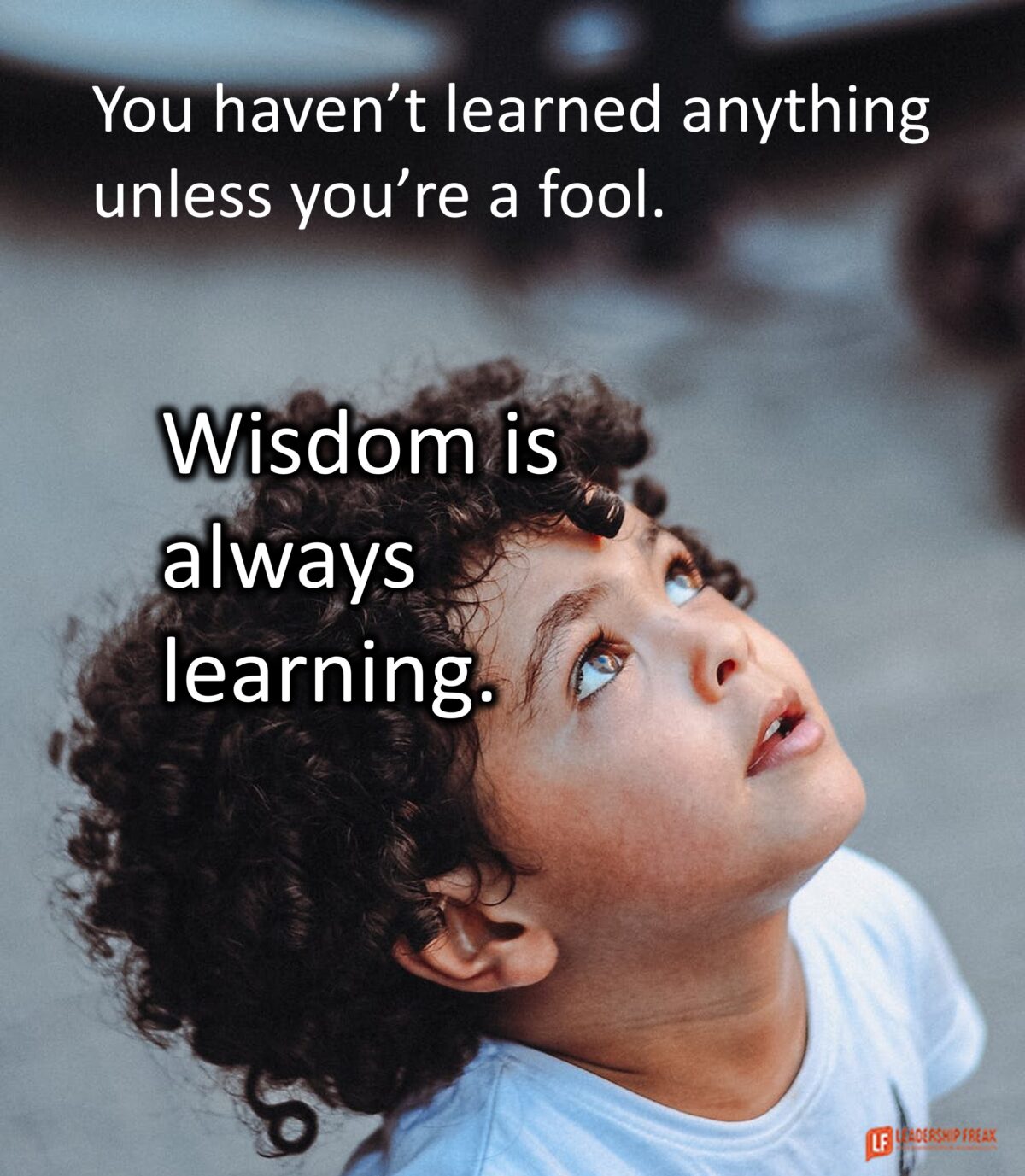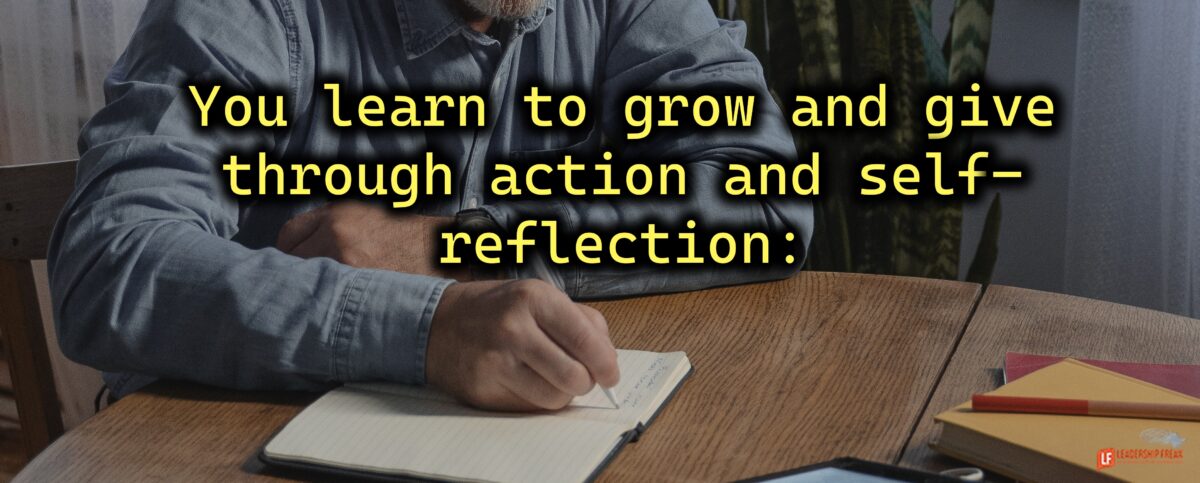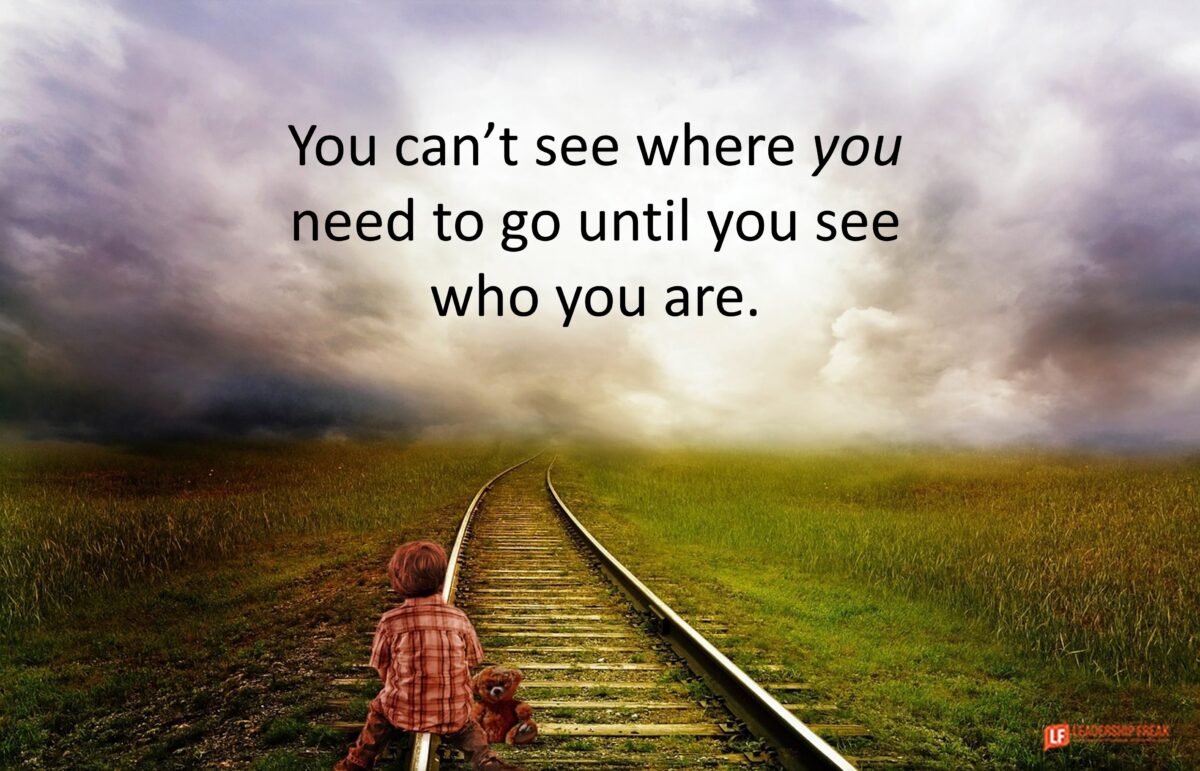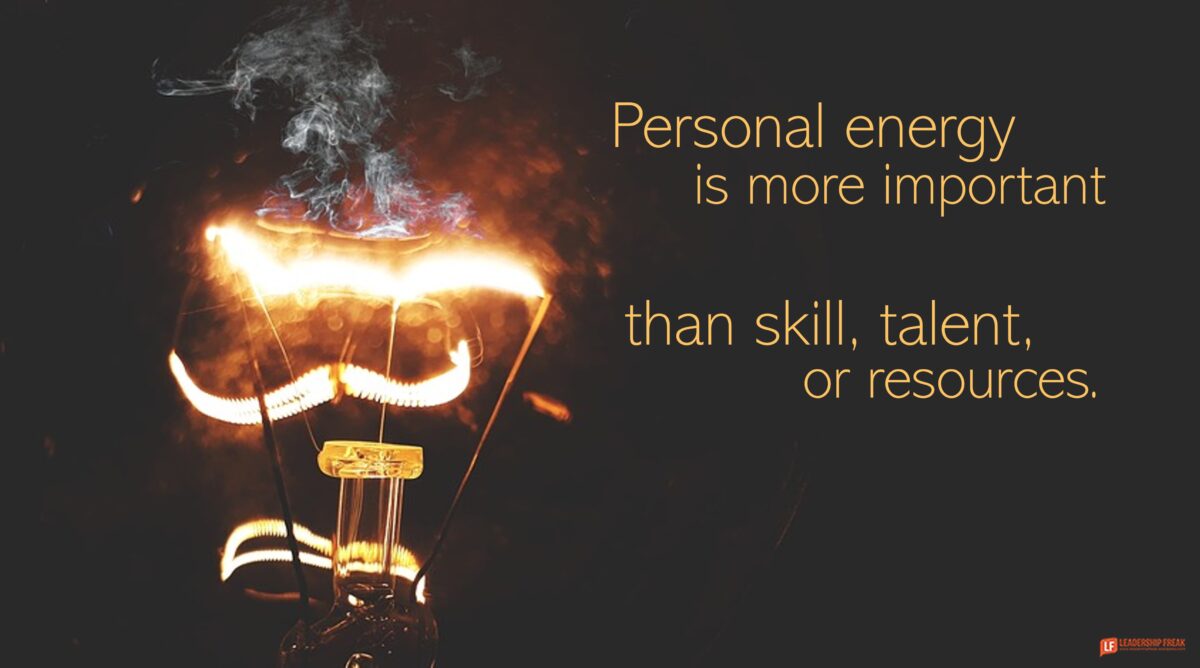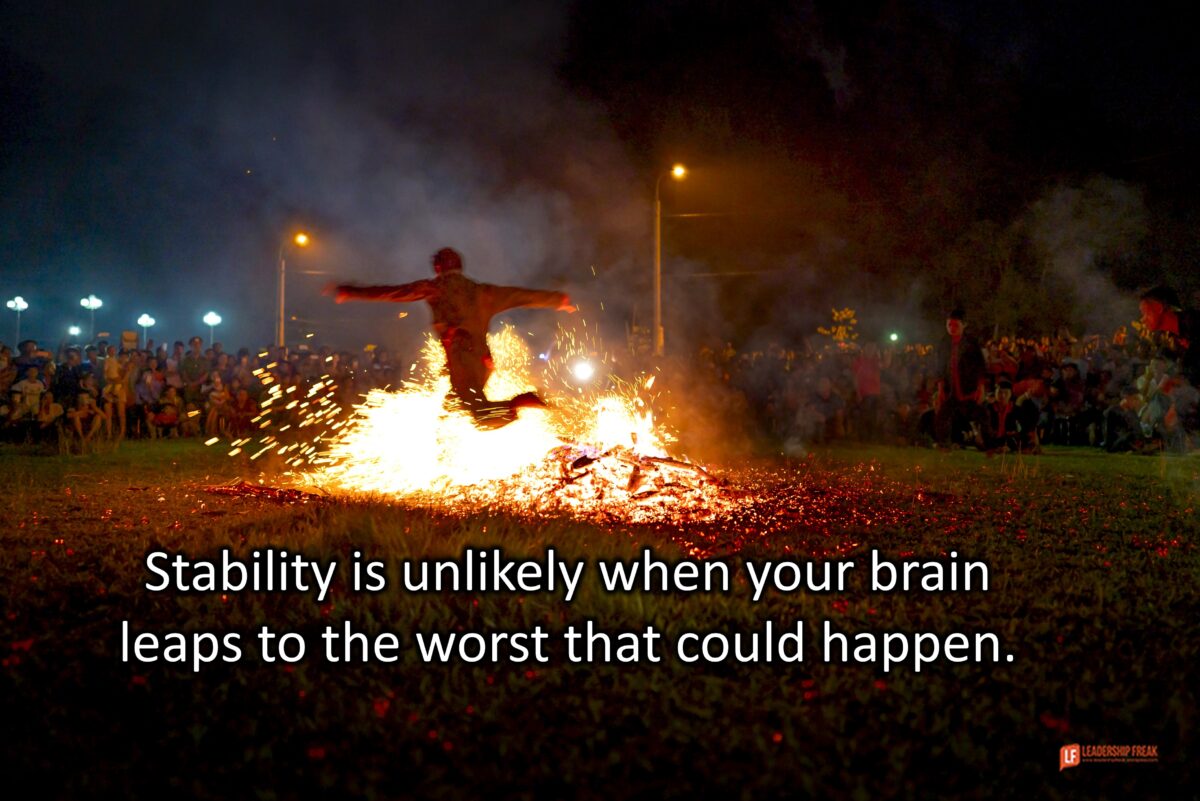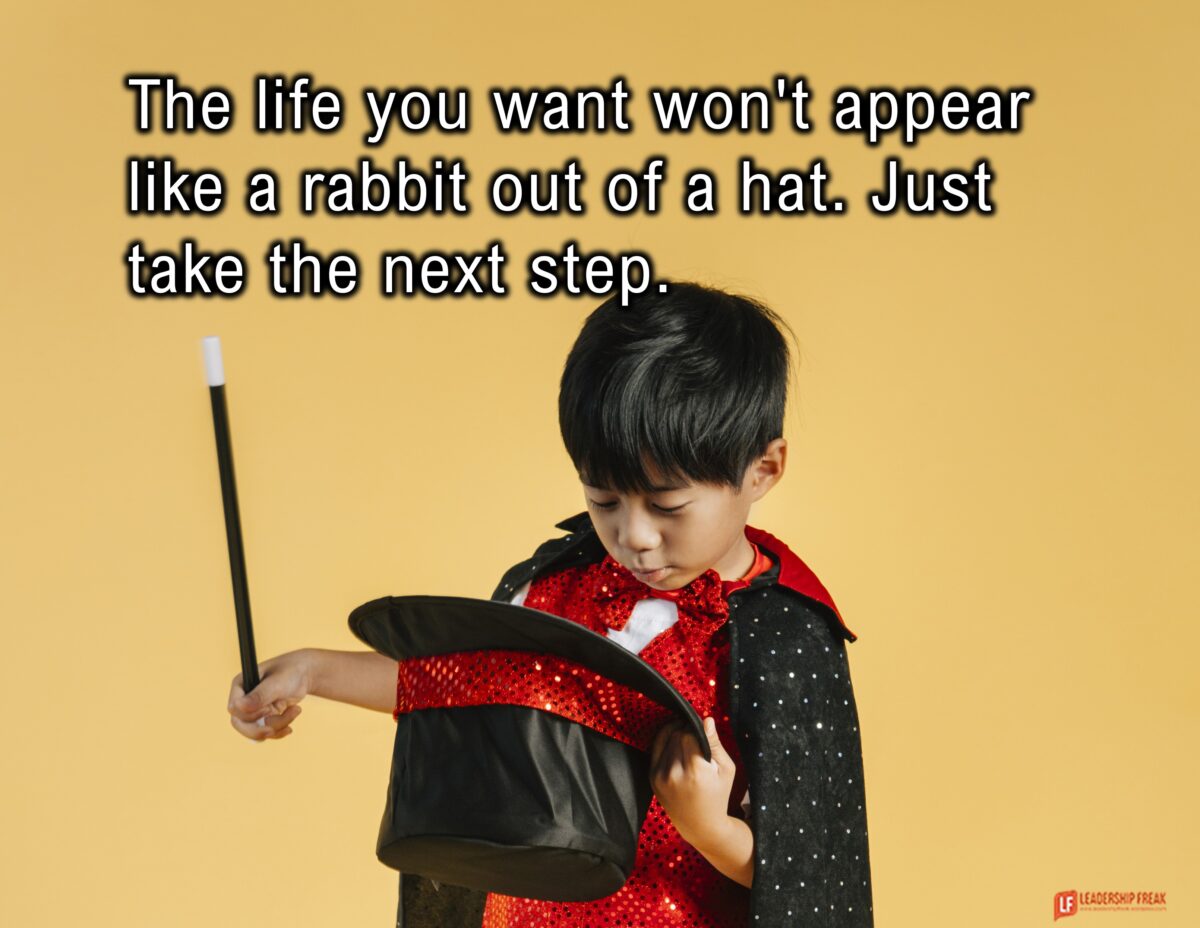Words for the Wise
Grasp the power of words and you find power to shape your future.
Words are rudders. The things you say take you places.
Words are:
- Keys that unlock understanding.
- Bridges that connect people. Or they are barriers that divide people.
- Grinding wheels that sharpen thought. Talking hones ideas.
- Sparks that ignite imagination. How would you contribute if you had unlimited resources? How can you do that today in a small way?
- Smoke that conceals. People lie to conceal self-serving motives.
- Anchors that tether you to established thinking.
- Weights that make progress unlikely. You hold people down when you talk about things that can’t be done instead of things that can be done.
- Daggers that wound. You’re wrong if you believe, “Sticks and stones may break my bones, but words can never hurt me.”
- Landmines that blow up in your face. It’s better to say nothing than to say the wrong thing.
- Brushfires that grow into wildfires. Stupid words return with misery on a leash.
A word to the wise:
A word of approval from a boss equals a deed of kindness from someone else.
Words of compassion achieve more than expressions of brilliance.
Real genius is the ability to communicate with few words. Any fool can blab ad nauseum.
Wealthy fools sound wiser than poor geniuses. Stay open to wisdom from many sources.
“Be first to confess your faults and you’ll have the last word: this is not self-scorn but heroic boldness.” Baltasar Gracian in, A Pocket Mirror for Heros
“Words can be like X-rays if you use them properly — they’ll go through anything.” — Aldous Huxley, “Brave New World”
The words you say to yourself are the most powerful words you hear.
Today’s challenge: Choose words that shape the future you aspire to create.
What principle(s) in this post can you take with you today?
John David Mann and I invite you to check out our new book, The Vagrant: The Inner Journey of Leadership. I’m offering a bonus for people who preorder.
Like this:
Like Loading…







